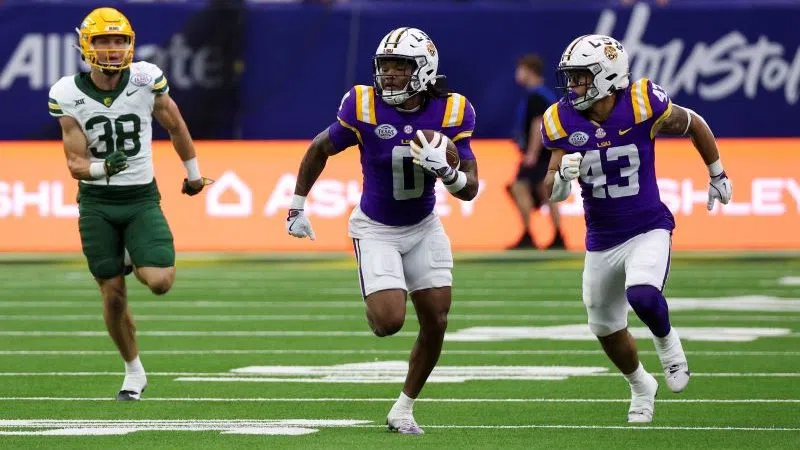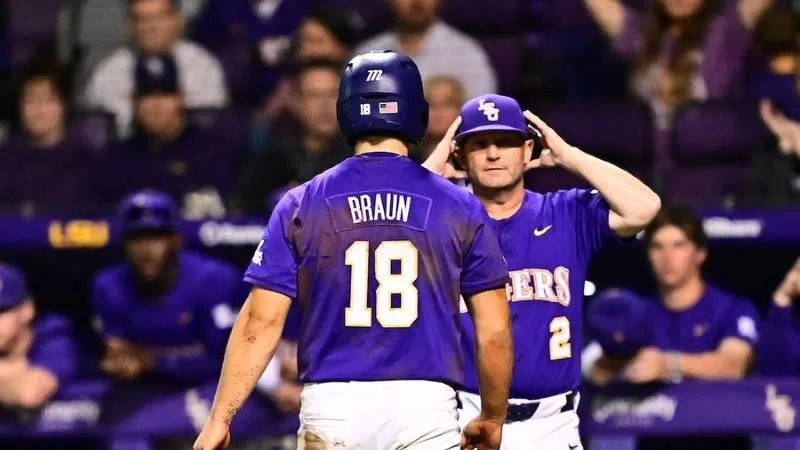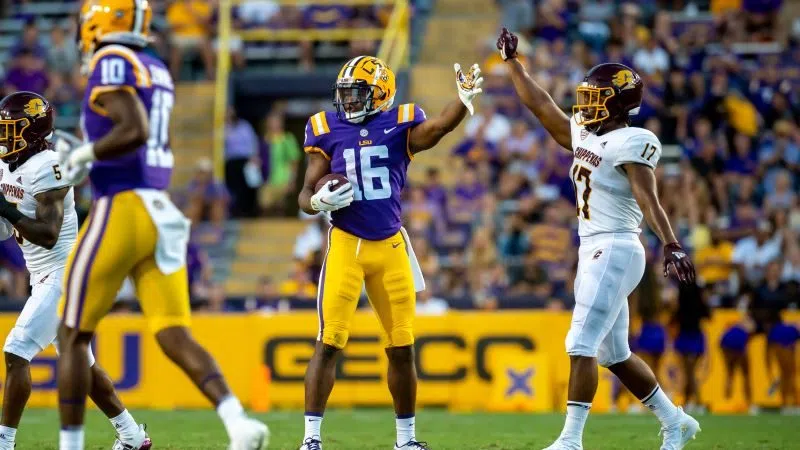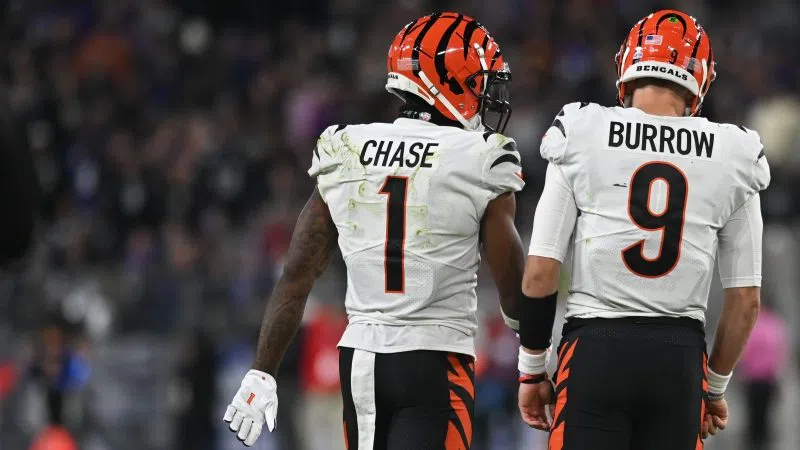
By Hunt Palmer
Championship-level seasons are driven by details.
I think back to the 2011 campaign when Tyrann Mathieu flipped games against Oregon, Arkansas and Georgia with plays on special teams. He stripped DeAnthony Thomas for a scoop-and-score touchdown against the Ducks, housed a punt in a 14-0 game against a top five Razorback team and did the same a week later in the SEC Championship game against the Bulldogs when LSU’s offense hadn’t yet earned a first down.
In Morgantown against West Virginia, Brad Wing pinned six punts inside the 20 yard line. The Mountaineers’ average starting field position was their own 15 yard line. Plus, Morris Claiborne ran a kickoff back for a score. West Virginia out-gained LSU that night by 167 yards and lost by 26.
Wing later uncorked a 73-yard punt to flip the field in Tuscaloosa following Eric Reid’s dramatic interception near the goal line.
LSU doesn’t go on that magical 13-0 run without massive contributions from special teams.
In 2019, Cade York went a perfect 12-for-12 on field goals from inside 43 yards. Zach Von Rosenberg booted 47 punts, and only nine were returned.
They’re statistics no one ever mentions, but they’re vital in winning games. LSU’s closest call that season may have been in Tuscaloosa when the Tigers allowed Jalen Waddle free for a punt return touchdown that didn’t give a stingy LSU defense a chance to keep the muzzle on Tua Tagovailoa and the Crimson Tide offense.
Conversely, who could forget Brian Kelly’s first game when two muffed punts and two blocked kicks helped cost LSU a game that quite literally had College Football Playoff implications entering the final regular season week?
That’s not to mention muffing the opening kickoff of the Tennessee game and finishing the 2022 season 114th nationally in punt returns.
Great teams play great special teams, and LSU is primed to do so in 2025 with new coordinator Aman Anand who comes over from Grambling.
“I think Aman is very bright,” Kelly said. “I think he breaks special teams down to its fundamental form. Many coordinators that I’ve had at the position were much more unit driven, meaning you send your 11 guys out on punt, and you work on punt. Or you send your 11 guys out on kickoff return, and all you do is kickoff return. We’re much more in pods where we’re working the right upback and the left upback. Or we’re just working the wall, or we’re just working the gunners on techniques. And it’s really resonated with our players in the sense that they feel they’re being coached from a technical standpoint.”
If the fundamentals are taken care of, the talent will take over.
LSU’s return corps is as talented and proven as any in college football. Aaron Anderson took a kickoff return back for a touchdown last year against Oklahoma, and Zavion Thomas followed that up with a score of his own against Baylor in the Texas Bowl.
Thomas led the SEC in kickoff return yardage on the season and ranked second in average returns. He’s got three return touchdowns to his name in college which makes him the second-most decorated returner on the roster, as Kentucky transfer Barion Brown enters the fold with five career kickoff returns touchdowns. That’s best in the nation.
“You punt it to us, we want to return that son-of-a-gun every single time,” Kelly said. “I will tell you that we are working diligently with the knowledge that we have game breakers. We know that they can flip the field.”
Running the ball back certainly flips the field. So can kicking it. And LSU has struggled with that.
“And this isn’t to bash anybody, but you’ve watched us play,” Kelly said. “We very rarely, other than the returns which we had, we didn’t flip the field with our feet. We didn’t flip the field with the punt game. We need to flip the field and put the pressure on offenses, and we didn’t do a very good job of that last year. So, as much as it is about returns, we’ve got to flip the field, too, and then let our defense get the ball back for our offense at a short field. Those are the things we’re really focused on.”
LSU finished 126 of 134 FBS teams last year in punting average. The duo of Peyton Todd and Blake Ochsendorf averaged just 39.6 yards per punt and only booted one 50-plus yarder all season.
LSU set out to change that with the addition of lanky sophomore Grant Chadwick, who did so 13 times as a freshman last year at Middle Tennessee State. He averaged 48.8 yards per punt in one game at Duke. Twenty-one of his punts were downed inside the 20. LSU only did that 12 times a season ago.
Add in Aeron Burrell, who finished third in the country in touchback percentage as a freshman on kickoffs, and you’ve got a recipe for creating long fields against what figures to be a stout Tiger defense.
Points are part of the equation, as well. Damian Ramos has been a trusty placekicker for three seasons in Baton Rouge. He’s third all-time in attempts and seventh all-time in accuracy, connecting on 78 percent of his field goals.
LSU’s aspirations are lofty in 2025. Special teams will have to aid in the pursuit of all of them.

More LSU Sports












